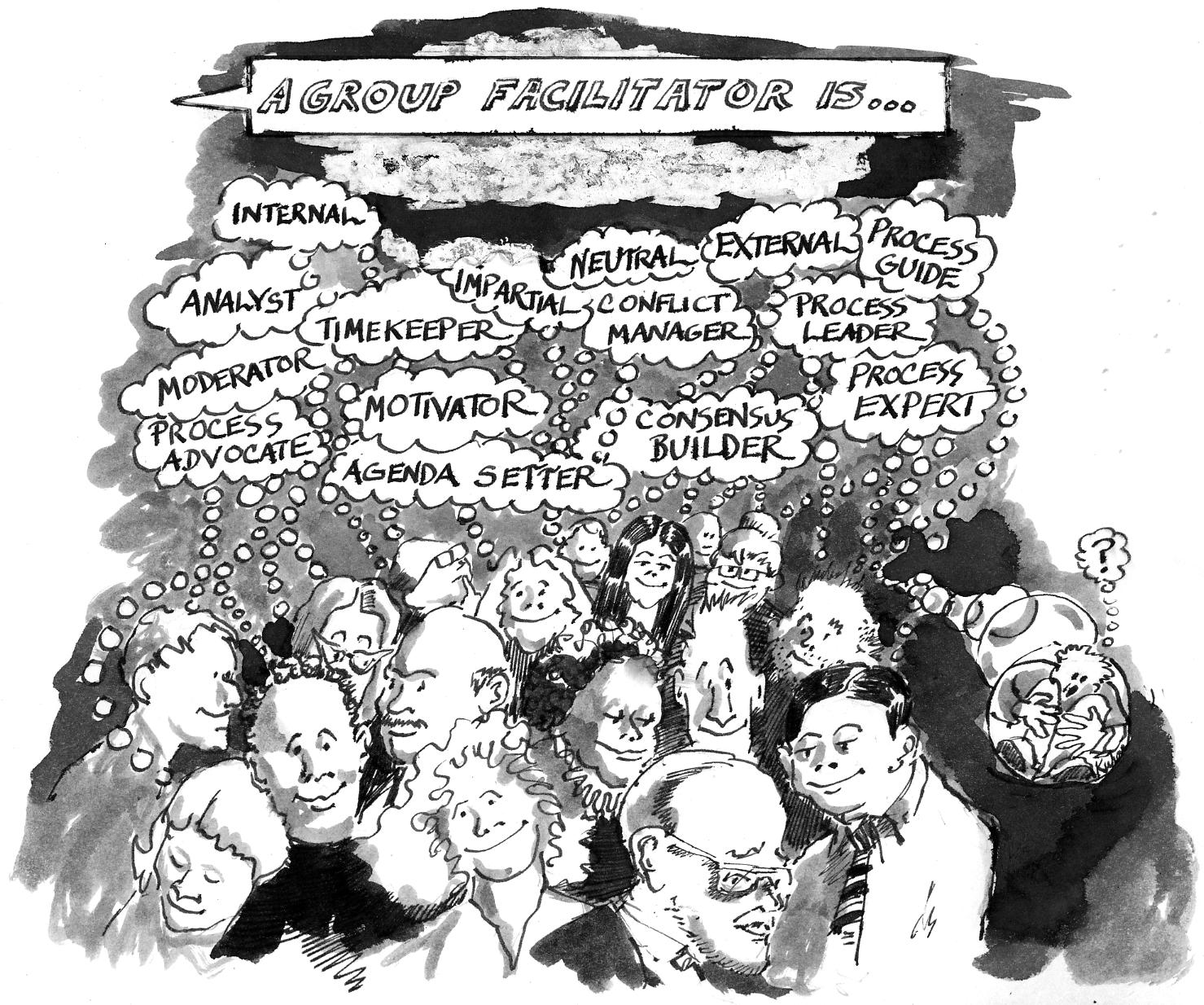
This just in from Harvard's Program on Negotiation:
In a new study, Nour Kteily of Northwestern University and his colleagues found that low-power groups can influence powerful parties to engage with them through their framing of the proposed negotiating agenda. Specifically, across four experiments, participants in the high-power position were more willing to negotiate when a low-power group proposed negotiating less important issues before more significant areas of disagreement, rather than vice versa. This preference is the opposite of what low-power parties prefer, the researchers learned.
For mediators and group facilitators, the lesson is to assure the parties or the organization that you're going to move in baby-steps from the least controversial issues to the most. Most mediators already know that when the group or parties are able to resolve minor issues, their hope for resolution of the major issues increases. By structuring the negotiation, mediation or group experience from easy to "hard" the parties also begin to master conflict resolution "best practices" with the guidance of the mediator or facilitator.
As Ken Cloke reminded a roomful of mediators at the Straus Institute during the SCMA's Annual Conference this past Saturday, we should avoid the temptation to solve the central problem in dsipute before the people who have the problem are ready to solve it. We press the parties forward toward premature resolution at our peril.



















